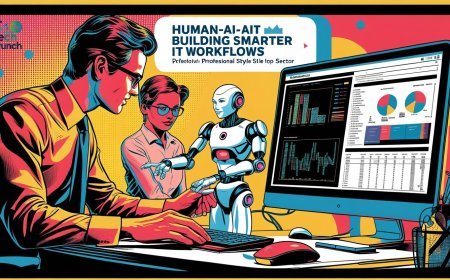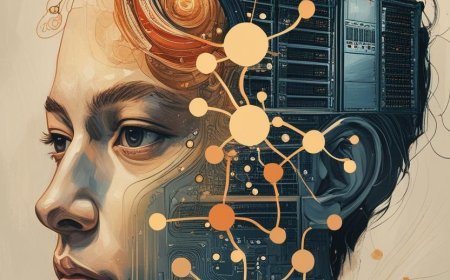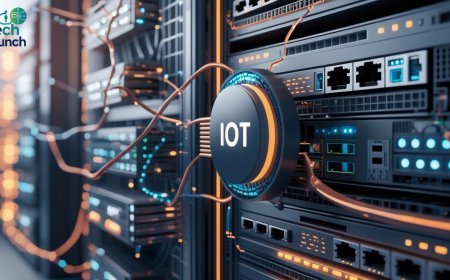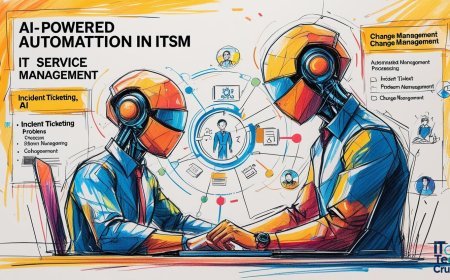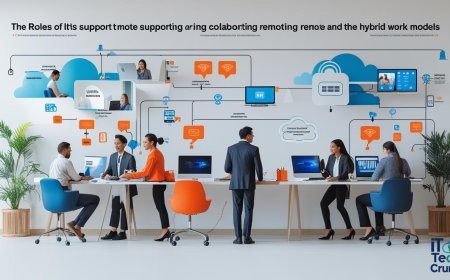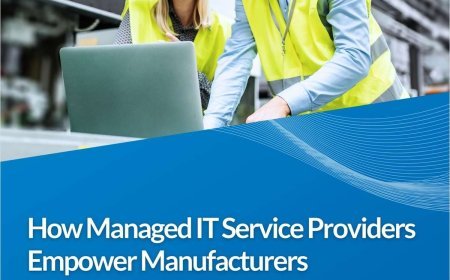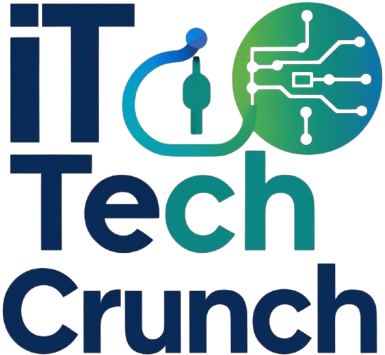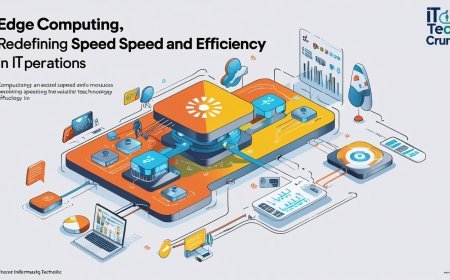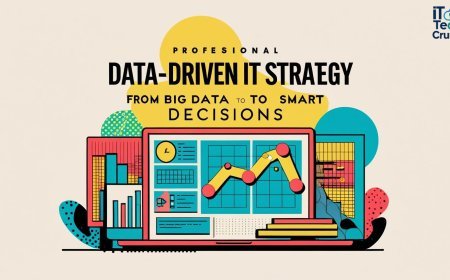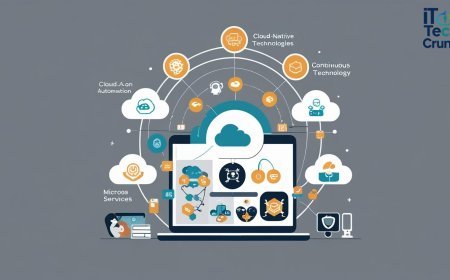Next-Generation IT Workforce: Skills, Tools, and Transformation
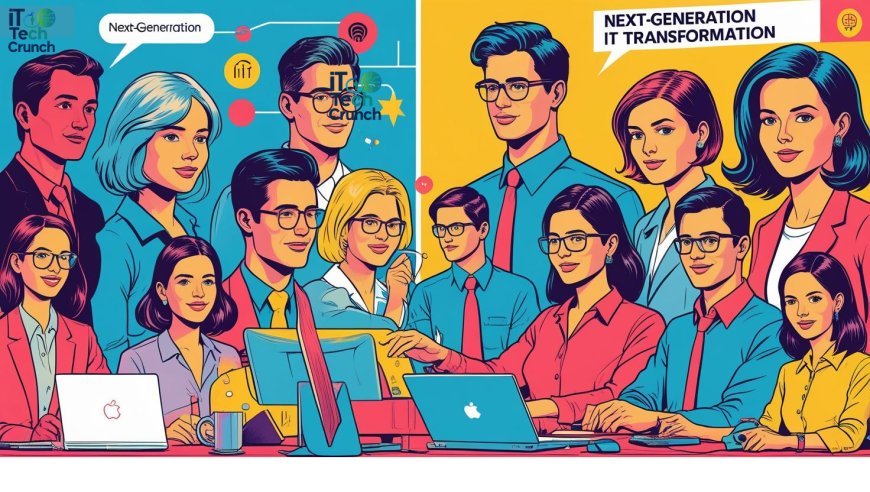
Next-Generation IT Workforce: Skills, Tools, and Transformation
The IT landscape is evolving faster than ever, and with it comes a profound transformation in the workforce that powers this dynamic field. The next-generation IT workforce isn’t just about technical skills-it’s a blend of adaptability, continuous learning, and a mindset tuned to innovation. As organizations embrace new technologies and digital-first strategies, the demands on IT professionals are shifting, calling for a new set of skills and tools that will define success in the years ahead.
Gone are the days when mastering a single programming language or toolset was enough. Today’s IT professionals need to be versatile problem-solvers who can navigate complex ecosystems of cloud services, automation platforms, and intelligent applications. Skills like data literacy, cloud computing expertise, and familiarity with AI-driven tools are becoming essential. Yet, technical know-how is only part of the picture; soft skills such as communication, collaboration, and creativity are equally vital. These qualities enable IT workers to bridge gaps between technical teams and business stakeholders, translating complex concepts into actionable solutions that drive real impact.
The transformation of the IT workforce also hinges on the tools they use. Modern development environments, low-code platforms, and automation frameworks are reshaping how work gets done. These tools don’t just increase productivity-they democratize technology by empowering a broader range of people to contribute to IT initiatives. This shift means IT teams are evolving from gatekeepers to enablers, fostering innovation across the entire organization.
Another crucial aspect of the next-generation workforce is the commitment to lifelong learning. Technology changes rapidly, and staying relevant means constantly updating skills and exploring new approaches. Organizations that cultivate a culture of continuous development, offering training programs, mentorship, and opportunities for cross-functional experiences, will be better positioned to retain talent and drive innovation. This mindset shift is helping create IT professionals who are not just reactive troubleshooters but proactive strategists shaping the future of their businesses.
As the IT workforce transforms, diversity and inclusion play an increasingly important role. Bringing together people with varied backgrounds, perspectives, and experiences fuels creativity and better decision-making. It also reflects the reality of the global market and the diverse customer bases organizations serve. Companies that prioritize inclusive hiring and provide equitable growth opportunities will build stronger, more resilient teams.
Lastly, the future IT workforce will be defined by agility. The ability to adapt quickly to new technologies, shifting priorities, and evolving business goals is paramount. IT professionals who embrace change, are comfortable with uncertainty, and can pivot as needed will be invaluable assets. This agility is supported by flexible work arrangements and collaborative technologies that allow teams to work effectively across locations and time zones.
In essence, the next-generation IT workforce is a blend of technical mastery, human-centered skills, and a forward-thinking attitude. It’s about embracing transformation-not just in technology, but in how people learn, work, and innovate together. Organizations that understand this and invest in their people accordingly will unlock new possibilities, driving growth and success well into the future. The journey may be challenging, but it’s also full of opportunity for those ready to evolve with the times.
